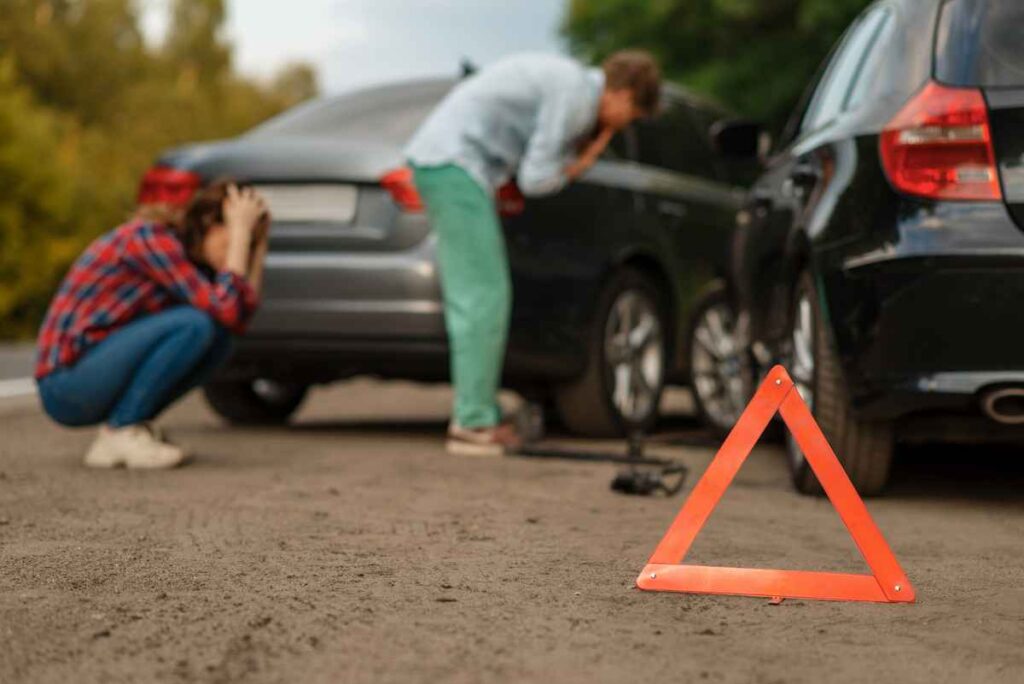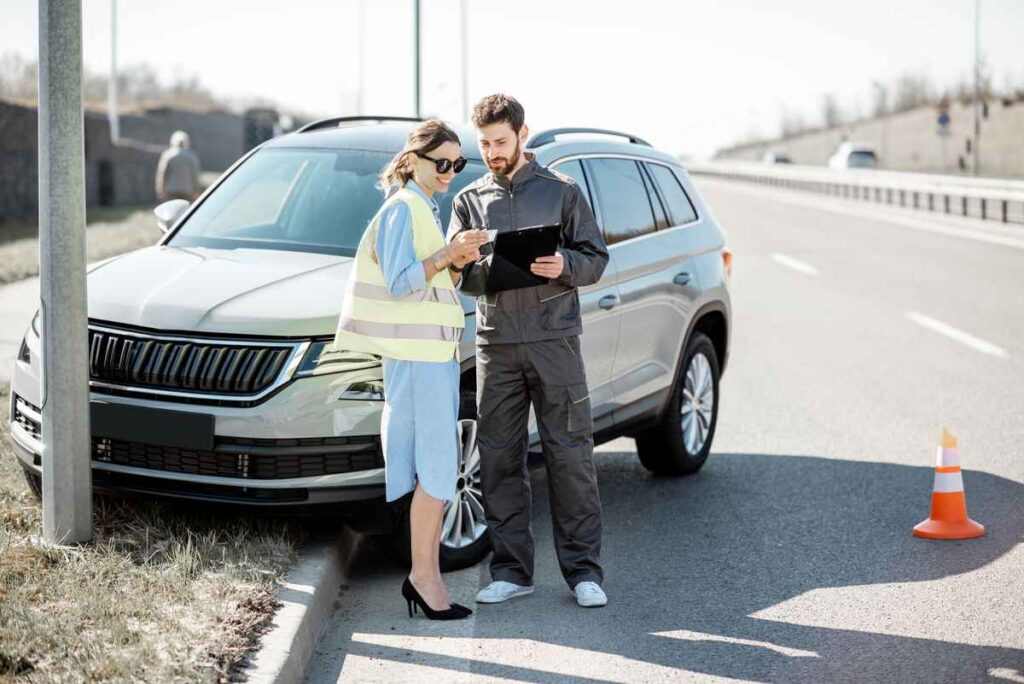Road accidents can cause personal injuries to the involved parties with varying severity. If you sustain an injury from an accident, you must understand the mechanism of an auto accident personal injury insurance claim. Knowledge in this matter can help you optimize your claim.
Understanding Personal Injury Protection in Auto Accidents

Personal injury protection, also commonly referred to as no-fault insurance, covers expenses related to personal injuries sustained in auto accidents. The forms of coverage included in this plan are:
- Medical expenses; it covers medical bills for the driver and passengers (if any) as well as health insurance deductibles.
- Work disruptions; as injuries may cause the person to be out of work, the insurance plan will cover lost wages. It also applies to self-employed individuals who need to hire replacements to do their jobs.
- Funeral costs; the coverage can assist with funeral, cremation, or burial expenses following an auto accident.
- Survivors’ loss; the protection provides income replacement for surviving dependents of the driver who passed away in a car accident.
- Essential services; personal injury insurance also covers activities that you normally do when uninjured, such as house cleaning and childcare.
Regardless of who’s at fault in the accident, the personal injury coverage will protect the policyholder. Each state has different regulations regarding the extent of personal injury protection. Because of that, every driver should fully understand their insurance policy.
Note that you can still get personal injury protection even if you’re not driving. For example, a vehicle may hit you while walking down the road. You’re eligible to receive coverage for injuries sustained in that accident.
Claiming Insurance Coverage for Auto Accident

If you’re unlucky and get involved in an accident, you should follow this standard auto accident personal injury insurance claim procedure:
– Do medical check-up
Once you’re involved in an accident, immediately seek medical treatment. You should visit establishments like the emergency room or a primary care clinic to receive treatment from a licensed physician. Sometimes, the victim doesn’t realize their injuries due to the adrenaline rush. Getting checkups can prevent severe symptoms that may be fatal.
Aside from preventing unwanted consequences, getting examined by a licensed physician also provides you with the necessary documents to show to the insurance company.
– Prepare the necessary document
The next step is to submit all necessary documents to claim personal injury coverage. Documents include proof of injuries (usually photographs), proof of damages to the car, medical bills, and statements of lost work.
It may take about more than a day to gather all documents needed. You may even need to ask for assistance if your injuries render you immobile. Ensure that all of those documents are high-quality. For instance, don’t submit blurry photo proofs to the insurance company.
– Claim the coverage
In the past, people needed to visit their insurance company’s office to submit their claims. These days, insurance companies have established digital portals to make the claiming process more seamless for their customers.
Insurance providers will distribute the insurance coverage if policyholders submit all required documents and, upon assessment, the company determines the validity of the documents. However, there are cases where providers will deny the claim. In this case, the policyholder may need to hire an attorney experienced in personal injury cases.
You don’t always be in court if you decide to hire an attorney. Legal representatives of the policyholder and insurance companies may negotiate a settlement acceptable to both parties before the case goes to court.
Tips to Optimize Personal Injury Claims

An auto accident personal injury insurance claim process may not be smooth sailing for everybody. You can optimize your personal injury claims by following these tips:
1. Keep the evidence
You can’t make a compelling case without the support of comprehensive evidence. Preserve as much from the accident scene as possible, including photographs of your injury and car damage. Back up the image files in multiple accounts to ensure that you don’t lose the proof.
If there were witnesses present at the scene, you could get their names and contact information. Getting a copy of the police report about your accident is also necessary. In an emergency event like a car accident, it’s easy to get lost in panic. Nonetheless, make sure to gather as much evidence as possible to strengthen your case against the insurance company.
2. Avoid social media
People are always on their social media accounts these days. If you’re in the middle of an insurance settlement process, it’s advised to stay off social media for a while. It’s because sometimes people can’t help but share their deepest thoughts.
You don’t want to share information regarding your personal injury on social media because your own posts and comments can be used against you in court. The insurer’s lawyer may use them to lower your compensation benefits. In the worst cases, you may fail to get your compensation.
3. Consider future damages
When someone makes an auto accident personal injury insurance claim, they often don’t consider future damages. Physical injuries are easy to detect, especially if you immediately receive medical attention following the accident. However, there are risks that you develop other conditions that can be detrimental, such as stress and anxiety.
People also often don’t look closely at the impact of an accident on their jobs, especially since personal injury protection includes coverage for work loss. Missing work can make you lose chances for advancement. You may miss out on training opportunities or potential projects that can give you a significant financial impact.
4. Claim the full coverage value
Another thing to consider when claiming personal injury coverage is making sure that you claim your full rights. Recovery programs from your injury can be expensive, especially if you pay out-of-pocket. Not to mention other psychological risks that an accident survivor may experience.
When you’re injured, especially if you’re not receiving income because you can’t go to work, you may be eager to receive any form of compensation from the insurance company. However, don’t immediately accept the first few offers from the company. Consider whether the compensation can cover all of your expenses first before agreeing.
Getting into an accident is already stressful without having to deal with an auto accident personal injury insurance claim. If you can afford it, you should consider paying for a legal representative.
